Stop Healthcare Fraud Before It Starts With Identity Verification In Medical Licensing


Fraud is finding its way into pretty much every sector of the economy, with healthcare being no exception. Healthcare fraud affects everyone in the ecosystem - patients, doctors, insurance companies, hospitals - and costs tens of billions of dollars in losses every year, according to the FBI. And, just like fraud in other contexts, much of it revolves around identity. People pretend to be someone else in order to receive benefits or payment unlawfully.
Healthcare fraud is difficult to detect. Fraudulent transactions can look legitimate, and given the high costs of services and medicine and the sheer amount of paperwork involved, few transactions arouse suspicion.
So how do scammers use fraud in healthcare? Here are just a few ways:
Medical professionals
- Doctors misuse the billing system to get payments to which they aren’t entitled, either by submitting multiple claims for the same service or submitting claims for services or medicine they didn’t provide
- They also send patients more than one bill for the same service, or bill for a more complicated or expensive procedure than the one a patient received (this is called upcoding)
- Doctors falsify records in order to justify fraudulent claims and bills
- Doctors also perform unnecessary procedures or tests on patients
- 24% of healthcare employees know someone who has sold their medical access to an outsider, giving fraudsters access to services, products or money
- Some doctors provide kickbacks to other doctors for referrals
- Doctors put false diagnosis codes into medical records in order to generate false disability payments or reimbursements
Patients/Others
- Patients use other people’s health insurance, or allow people to use their insurance
- Patients create fake bills for services they didn’t receive, often using other people’s personal information, and then bill insurance companies or Medicare
- People impersonate medical professionals to bill for or obtain health services or equipment without a license
- Patients forge prescriptions
- Patients sell their prescription medication
- Patients jump from doctor to doctor to obtain prescriptions
- People impersonate doctors to collect income from patients, bill insurance companies, or create online personas that get advertising dollars or other benefits
- People steal doctors’ personal information - like SSNs - to forge documents, including prescriptions for medications like Oxycodone. Sometimes, this information is retrieved from third party doctor portals by hackers.
Like real estate fraud, healthcare fraud succeeds because of the amount of money, paperwork and parties involved. And with trillions of dollars of healthcare transactions and patient health at stake, the negative impacts of healthcare fraud are quite significant.
One way to combat healthcare fraud is through the medical licensing system. Medical licensing ensures that only qualified doctors are allowed to practice medicine. The backgrounds and qualifications of healthcare providers must be verified by medical licensing boards before they can practice medicine, and anyone with a history of unethical behavior, including fraud, will not be allowed to practice. Medical licensing boards also require licensed doctors to follow strict codes of conduct and abide by ethical standards, which can serve as a deterrent to fraud.
Strengthening the identity verification process in medical licensing will play a role in fighting healthcare fraud by ensuring that providers are who they say they are. Proof can make the licensing process more secure and efficient by verifying medical providers online. With Proof, medical licensing boards can put a simple link on their website for applicants to verify their identity. Proof will scan a person’s ID, validate that the person physically in front of the camera matches the person on the ID, and then run the applicant’s information through an industry-leading fraud decision engine. If successful, the applicant will sign a form to confirm their identity.

In the end, the licensing board receives a Proof Identity Report, which captures all the information that was verified and provides the company with all the evidence. If an applicant can’t verify their identity, they will immediately be connected to a live human: a notary from the Notarize Network. Notaries can also serve as a trusted agent to verify an identity, with almost no wait times and no need for an appointment.
One step toward reducing healthcare fraud is ensuring that doctors are properly licensed and that their identity has been properly verified. Effective, efficient notarization through Proof during the licensing process will help medical licensing boards complete this important step.













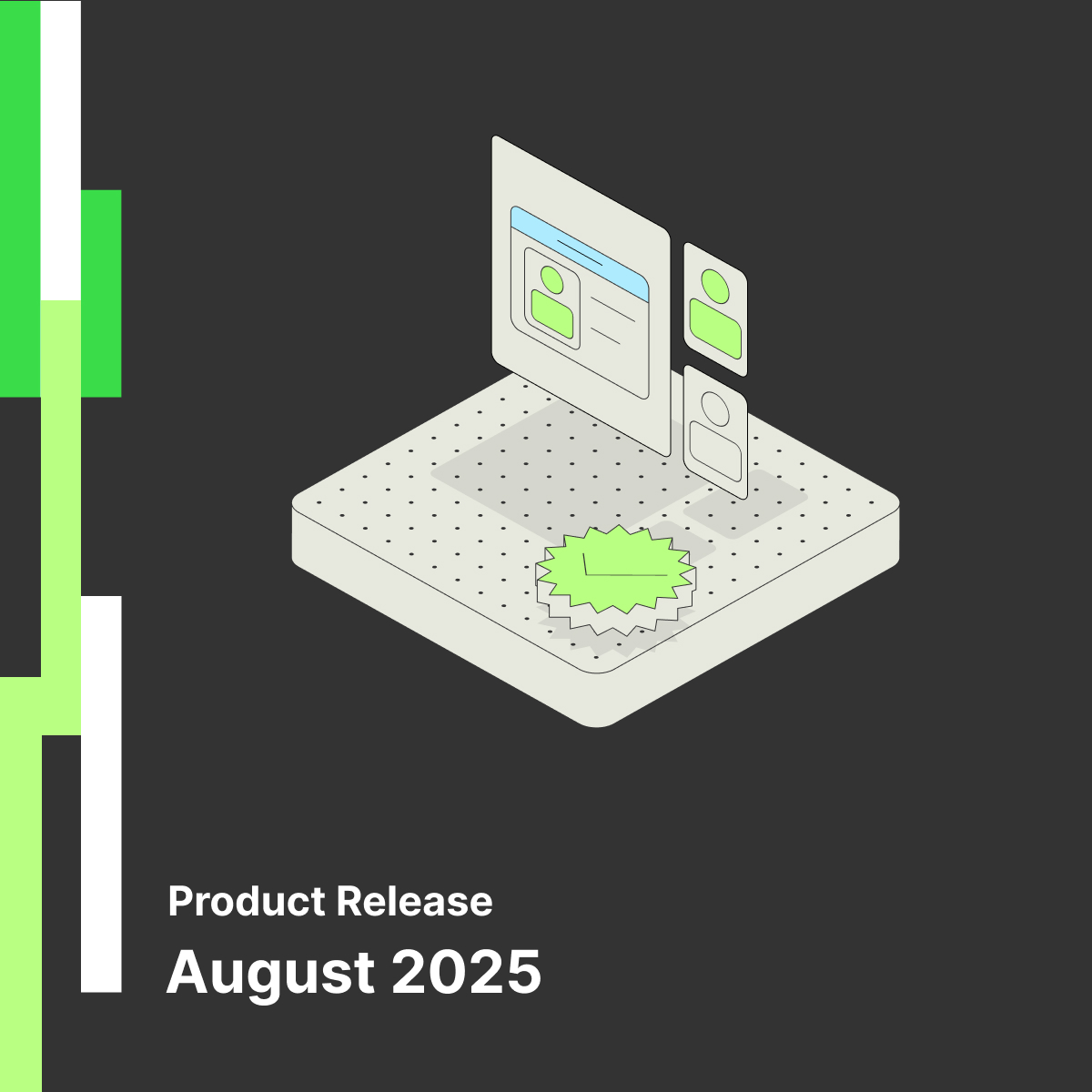

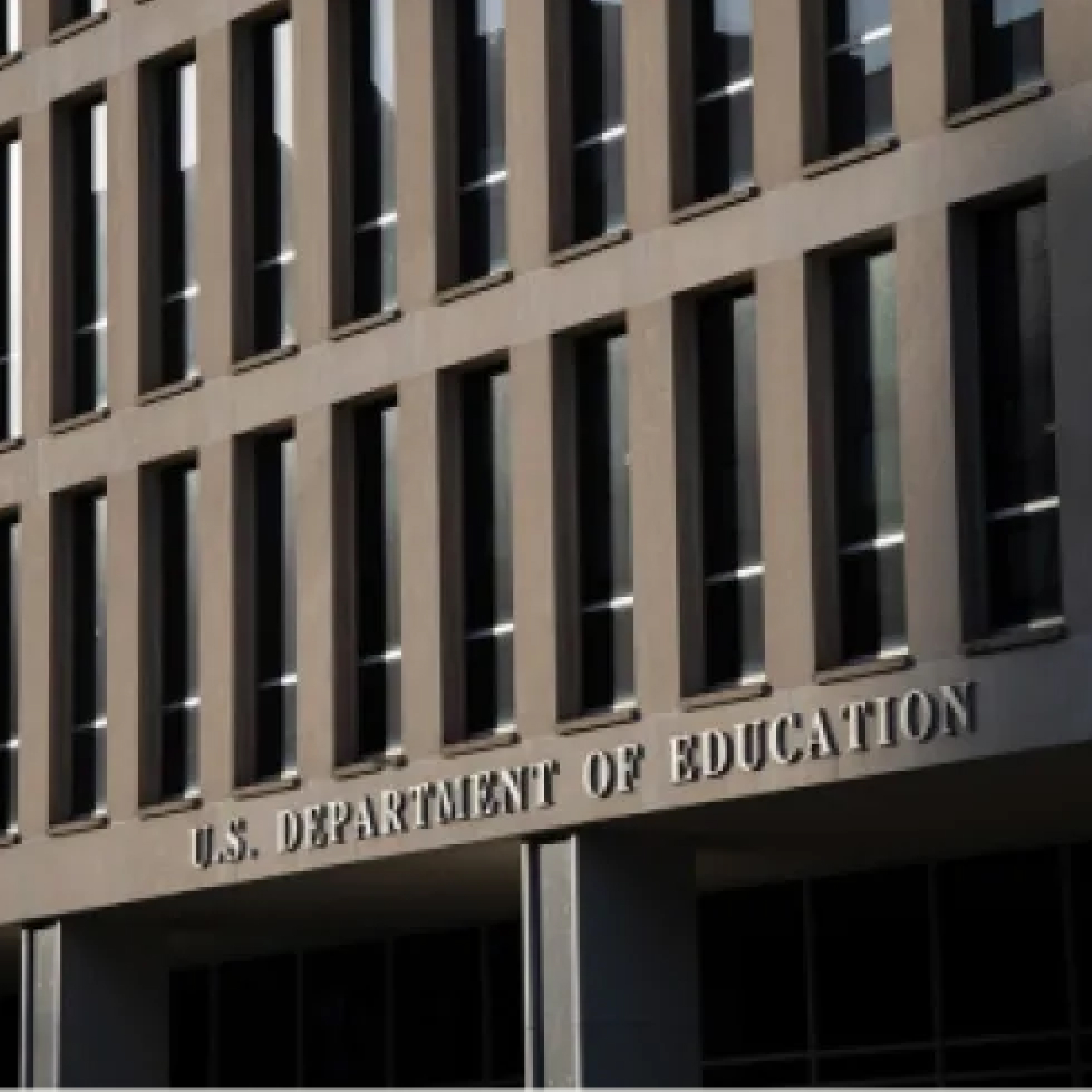


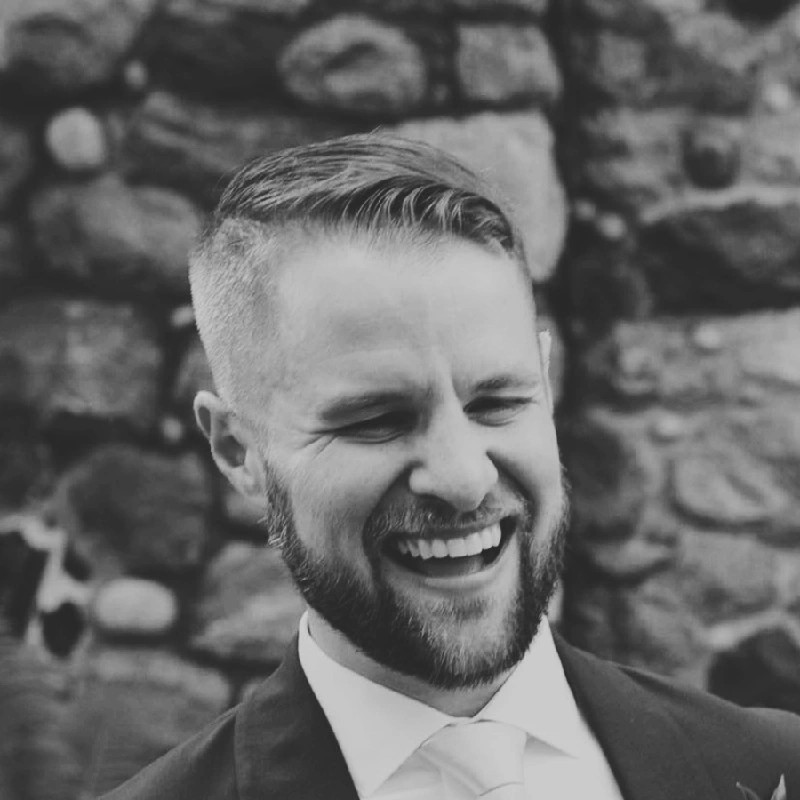
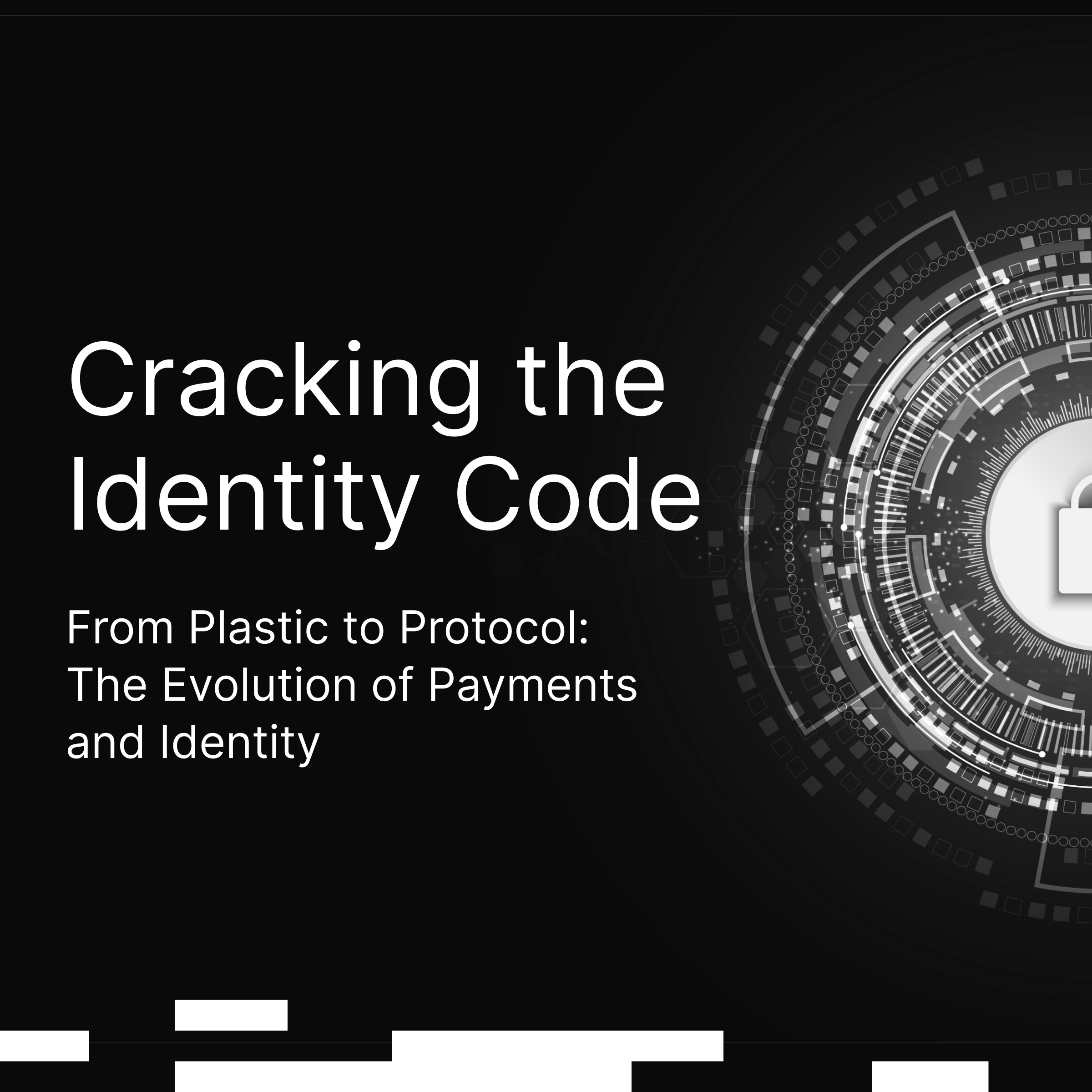


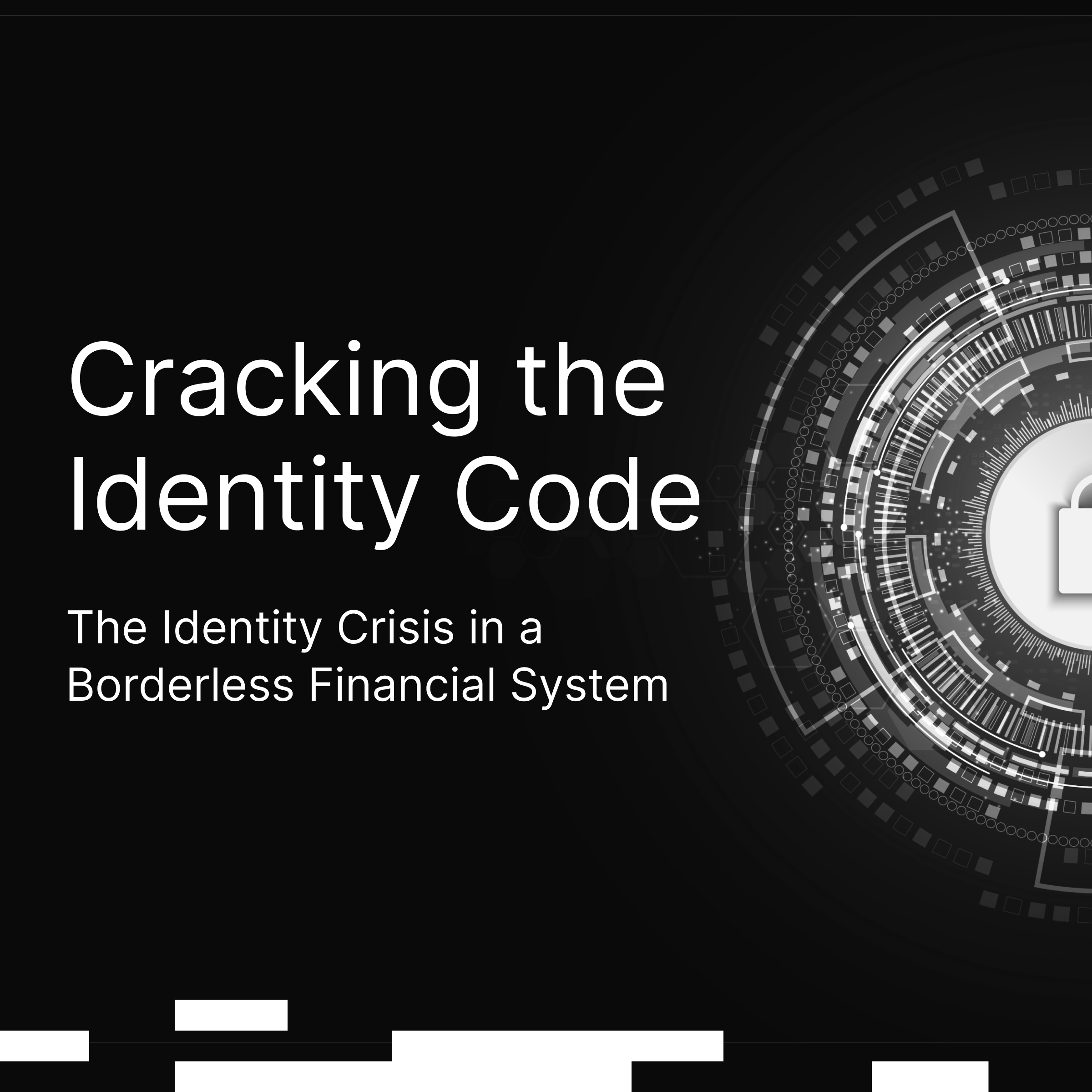
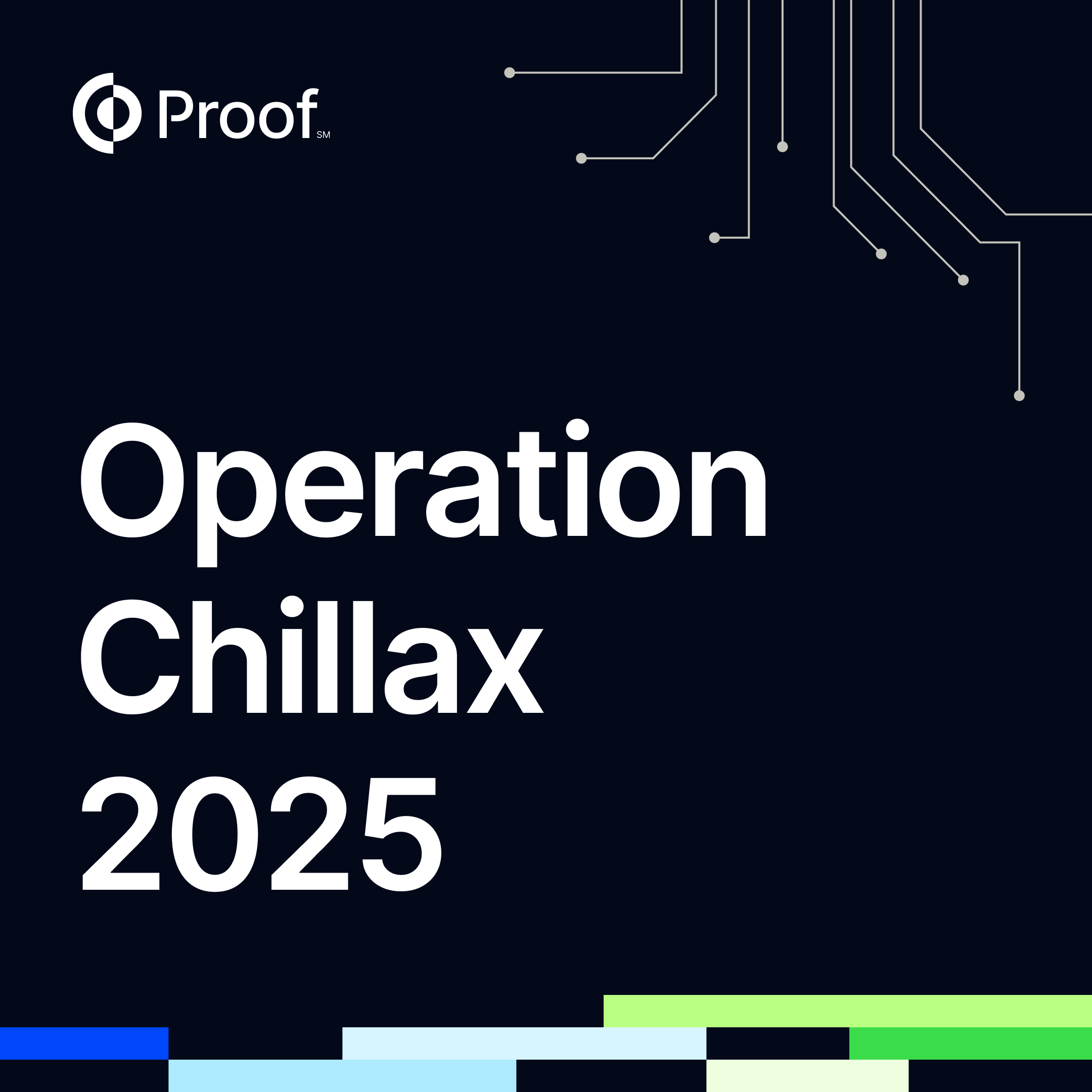



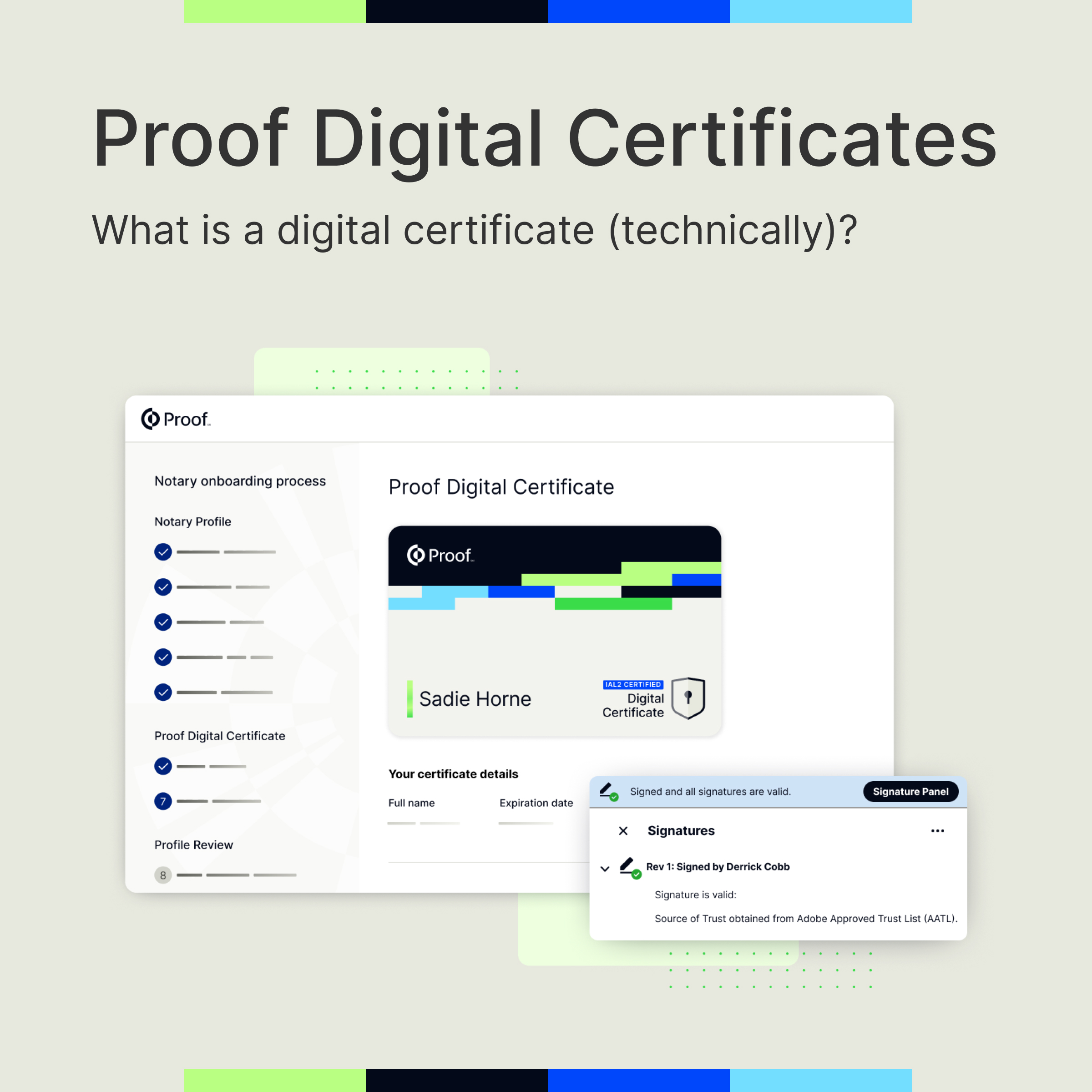

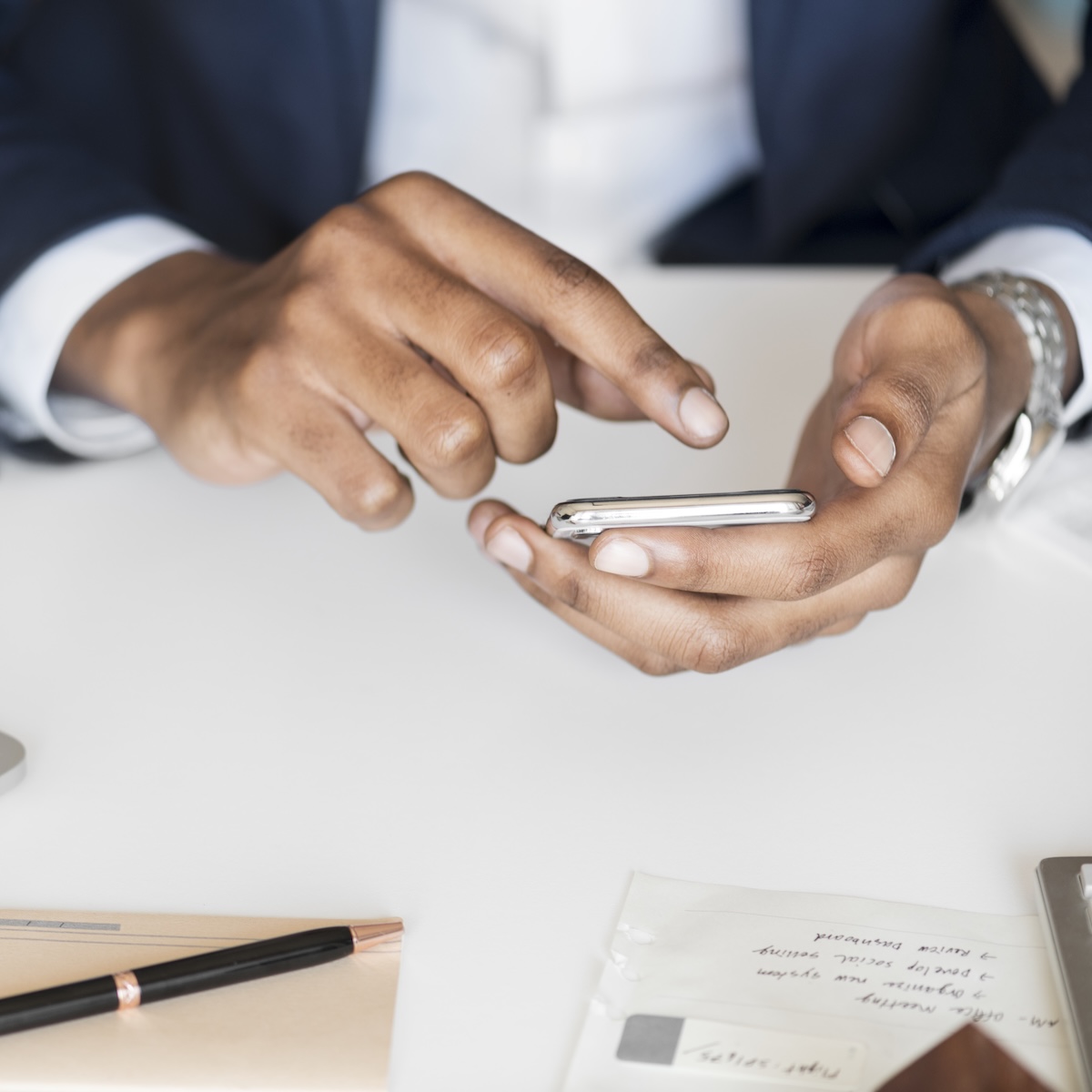
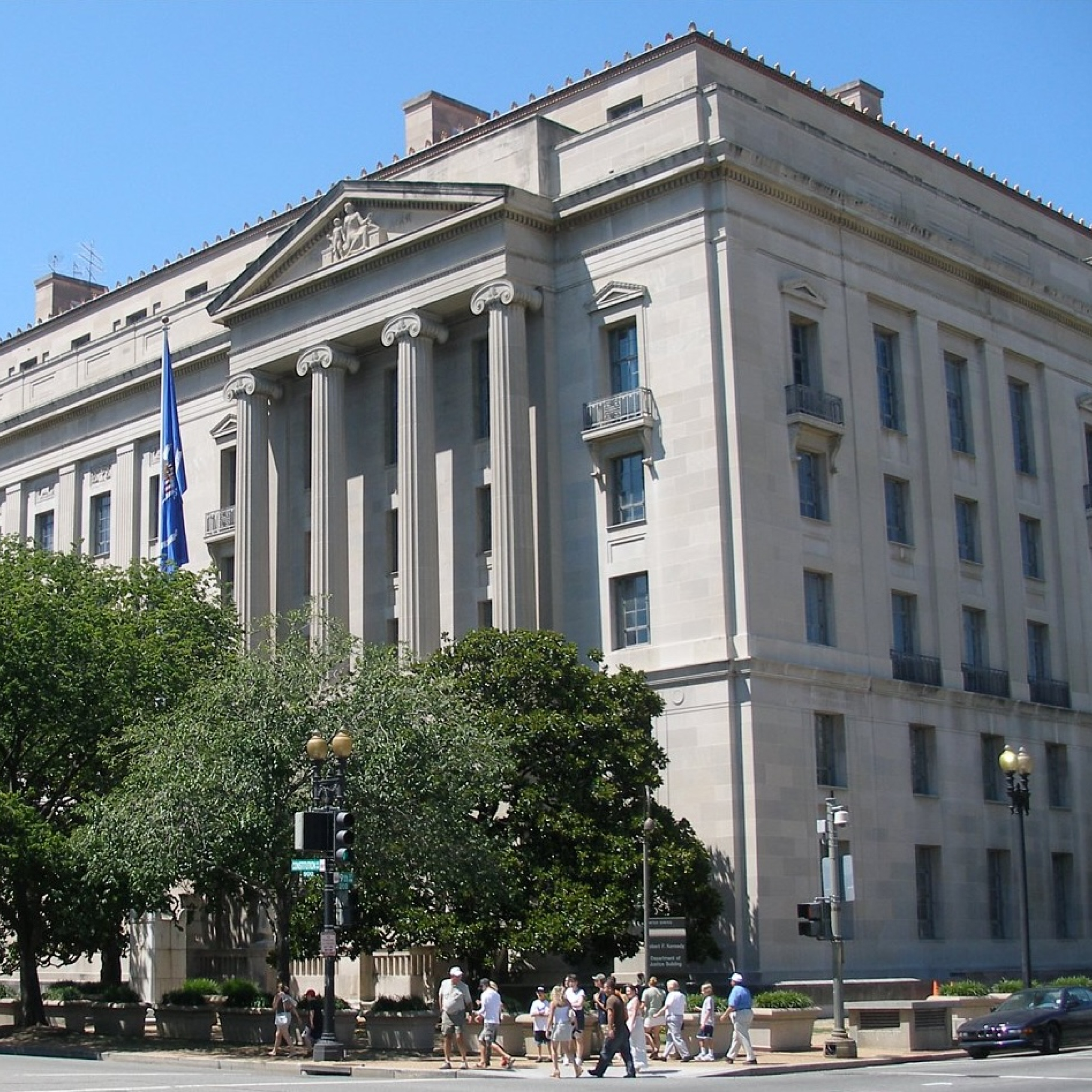
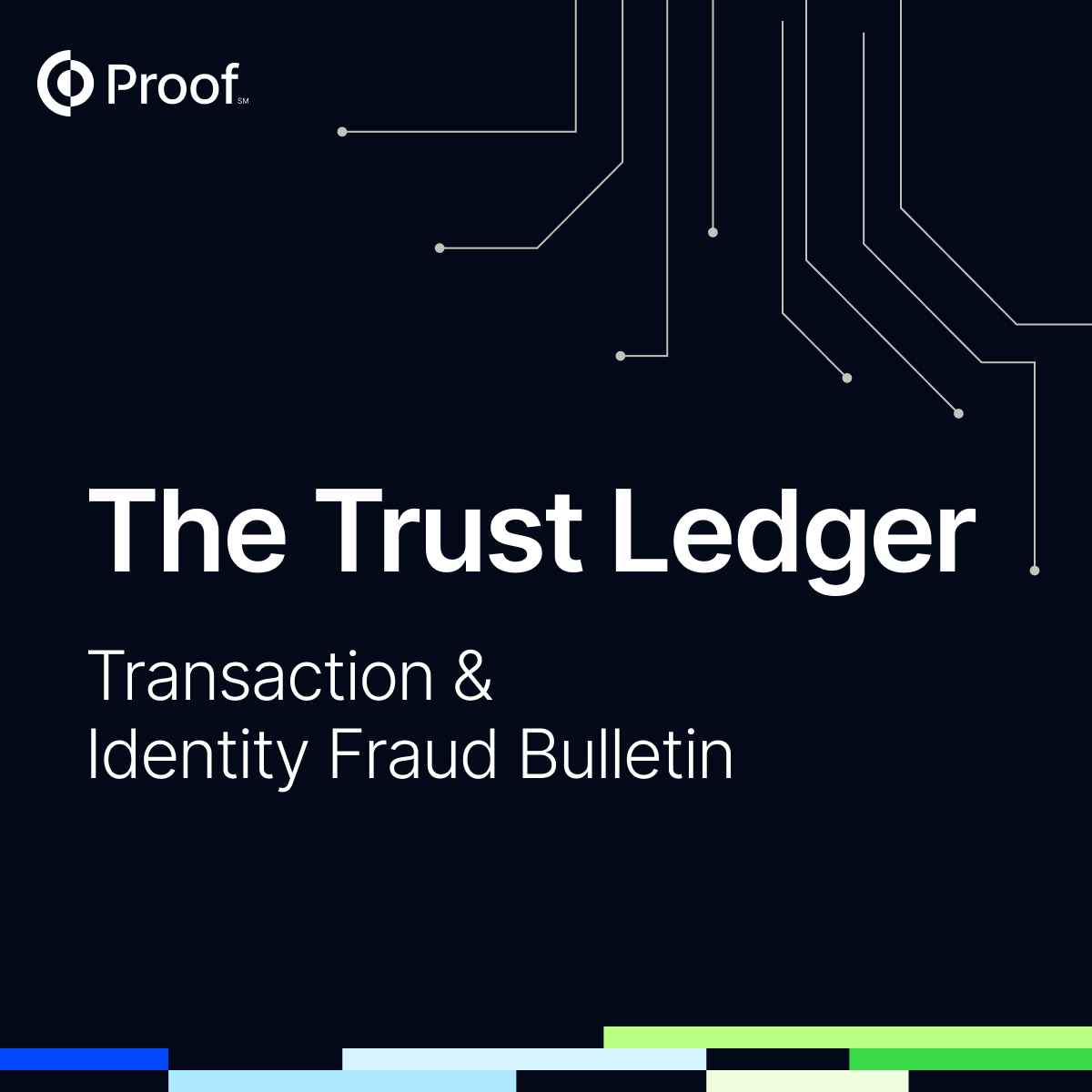

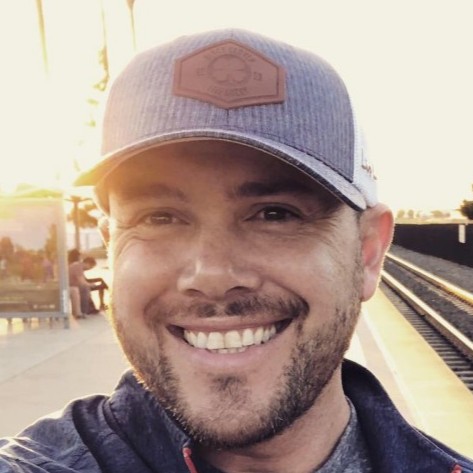









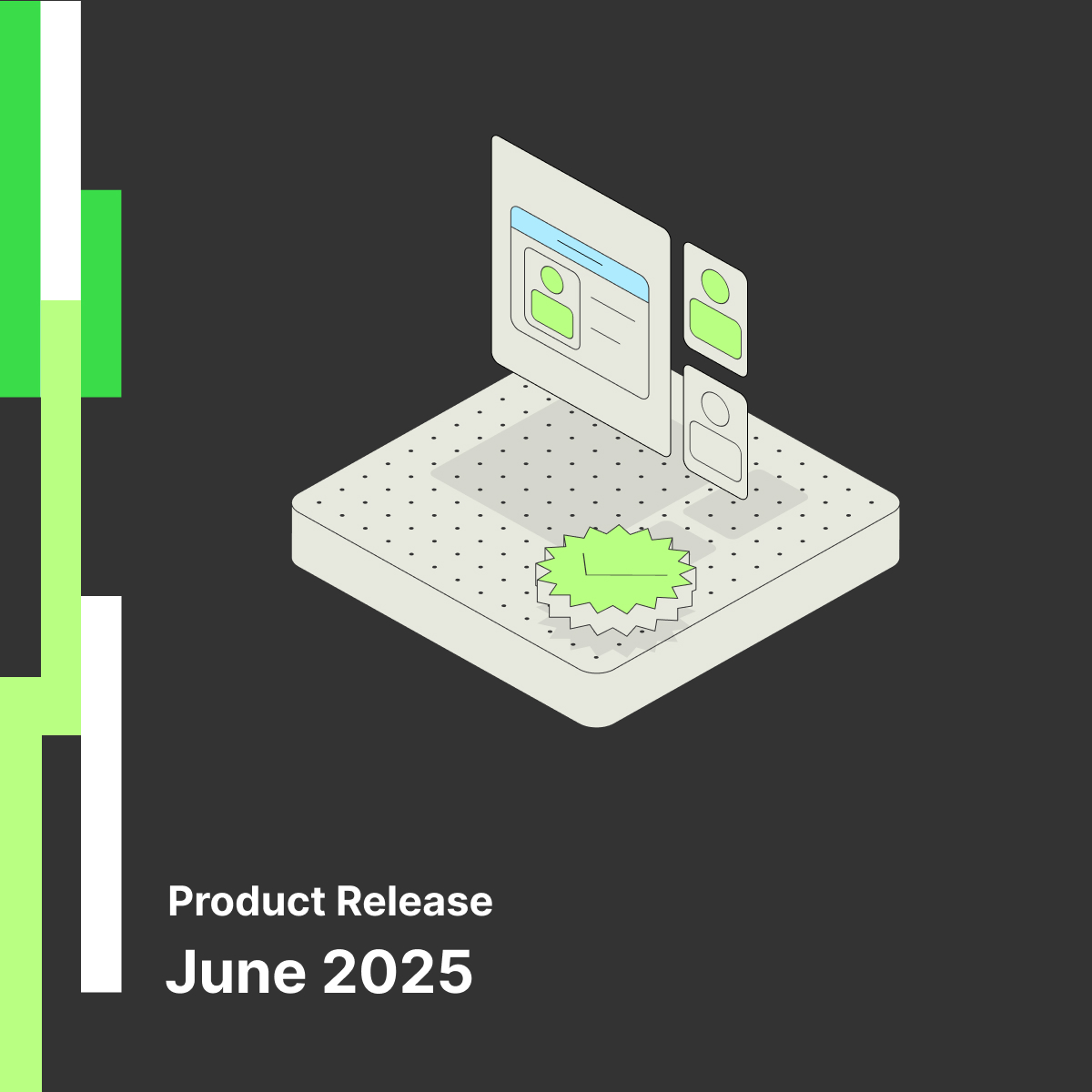




















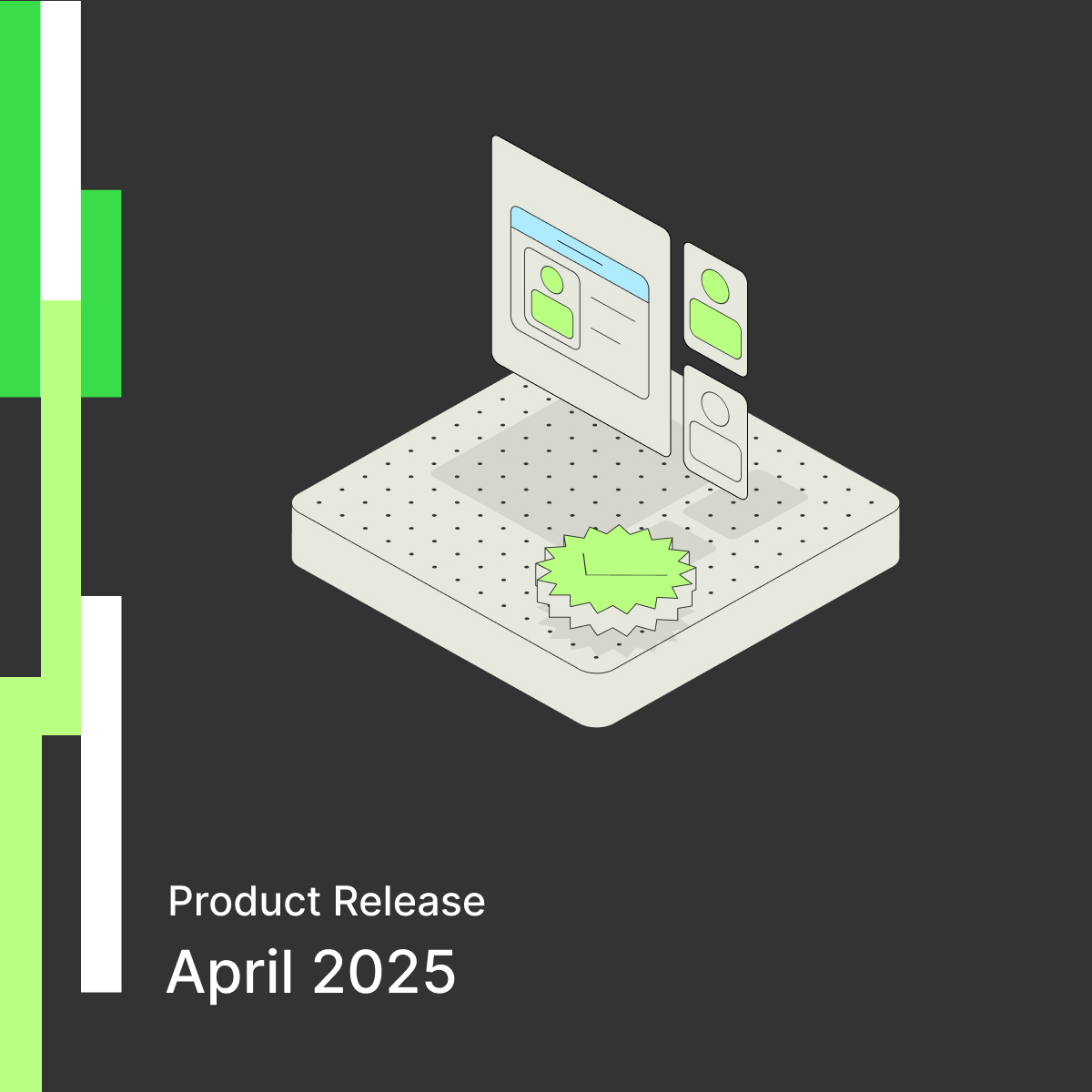













.jpg)





.png)

.png)







.png)
















.jpg)












.png)

.jpg)

